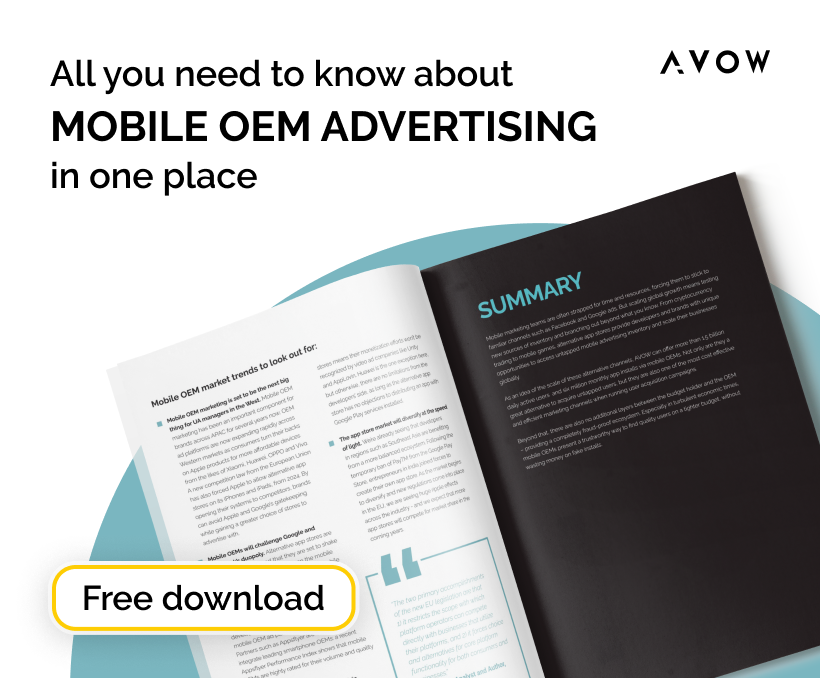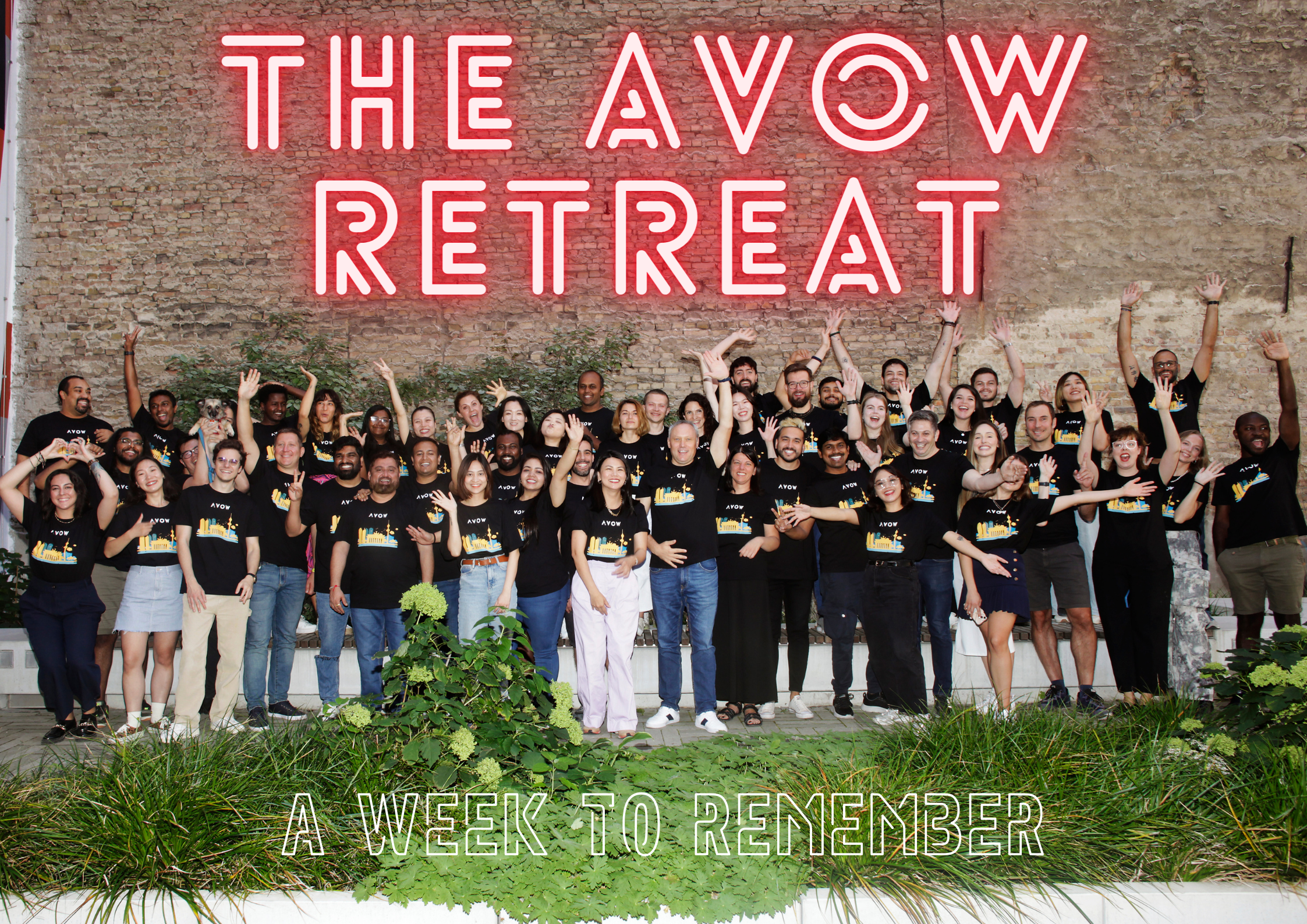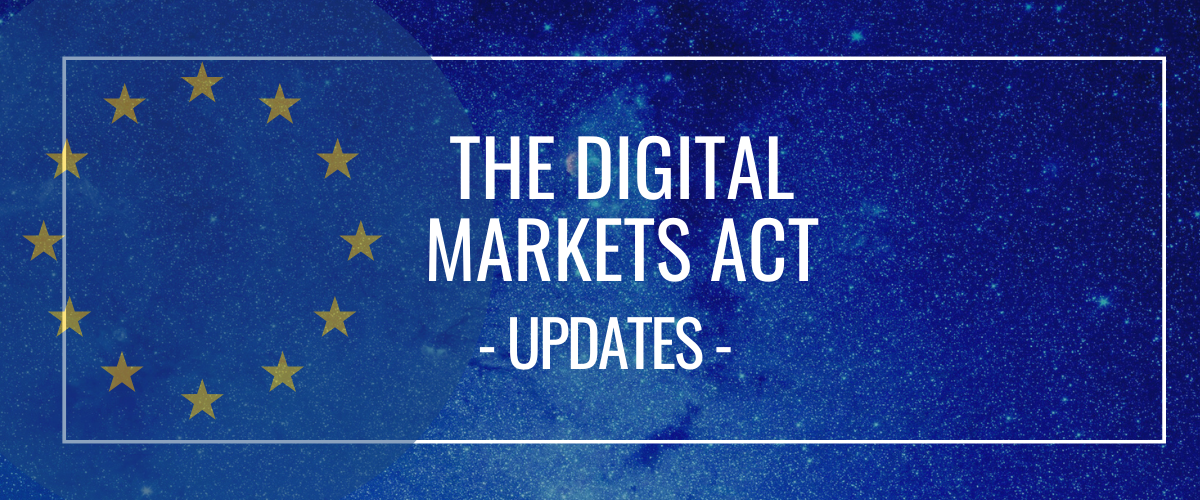Understanding Mobile OEM Advertising: A Look Into Some Novel Ad Formats
Mobile OEM (Original Equipment Manufacturer) advertising is a rapidly growing sector in the world of digital advertising. Essentially, mobile OEM advertising refers to ads that are delivered on mobile devices directly through the OEM. Instead of traditional mobile advertising which relies on apps or web browsing sessions through providers like GAFA, OEM advertising is more integrated, leveraging the device’s native functionalities and interfaces. Let's explore some of the more novel ad formats in this space.
 Notification Ads
Notification Ads
Definition: Ads delivered as notifications to the user.
Benefits: Ensures immediate visibility as users tend to check notifications promptly.
Considerations: Excessive or irrelevant notifications can irritate users and may lead them to disable such features or even switch brands.
 Search Ads
Search Ads
Definition: Devices come preinstalled with on device search functionality, which also extends into the mobile OEM owned app stores. Advertisers can place ads within these search results.
Benefits: Targets users actively searching, thus increasing the relevance of ads.
Considerations: Relevancy is key. If ads appear irrelevant to a user's search query, it might negatively impact their experience.
 Settings & Recommendation Ads
Settings & Recommendation Ads
Definition: Ads or app recommendations that appear within a device's settings or as suggestions during particular actions (e.g., when setting up the phone).
Benefits: Can guide new users to download or interact with particular services.
Considerations: Should be contextual and not overwhelm or confuse users.
 In-app Ads within OEM Native Apps
In-app Ads within OEM Native Apps
Definition: Many OEMs have their suite of apps (e.g., gallery, music player). These apps can host in-app ads.
Benefits: Utilizes existing mobile ad formats within a controlled environment.
Considerations: Ad placements should not disrupt the primary functionality of the app.
 Folder-based Ads
Folder-based Ads
Definition: Some OEMs use themed folders (e.g., "Games" or "Shopping") that come with a few pre-installed apps and recommendations. Advertisers can pay for a slot here.
Benefits: Categorizes the ad based on interests, making it more targeted.
Considerations: The folder theme and contents should match and be relevant to the user's interests.
As mobile OEM advertising continues to grow, it's essential to strike a balance between innovation and user experience. The formats highlighted above provide brands with numerous avenues to connect with their target audience directly. However, these are but a sampling of the ad formats on offer. To learn more about the most popular ad formats available with mobile OEMs, come check out our guide which covers everything you need to know about mobile OEM advertising and alternative app stores. Always remember that these advertisements should add value, or at the very least, not detract from a user's mobile experience, for your mobile OEM ad campaign to be a success.
The AVOW Retreat in Berlin: A Week to Remember
Berlin recently became a hub of inspiration and collaboration for the more than 50 strong members of our team. Hailing from every corner of the world, our close-knit community converged in the heart of Germany for a week-long retreat filled with learning, bonding, and embracing the rich tapestry of the city’s offerings. Here's a sneak peek into our memorable week.
No trip to Berlin is complete without immersing oneself in its rich history and vibrant culture. Our Berlin tour was a blend of history, art, and of course, food! Strolling past iconic landmarks, we savoured traditional German delicacies and quenched our thirst with the finest beers the city had to offer. The tour was not just a feast for our taste buds but also for our souls as we resonated with Berlin’s indomitable spirit and its tales of resilience.
While technology has made communication between global teams easier than ever, nothing beats the sheer energy and spontaneity of face-to-face interactions. The AVOW retreat gave our team from various continents a chance to meet, mingle, and understand each other beyond the screen. Our days were packed with invigorating workshops, where we dived deep into various aspects of our work, brainstormed new ideas, and polished our skills. The workshops served as a fertile ground for nurturing innovation, understanding the latest industry trends, and fostering team spirit. It was a testament to the fact that learning could be both fun and impactful when done in the right environment. The convergence of diverse cultures, experiences, and perspectives certainly added an extra layer of vibrancy to our retreat.
While the days were committed to honing our professional skills, evenings were reserved for some delightful post-work events. These informal gatherings gave everyone a chance to relax, share personal stories, and form deeper connections. Whether it was a quiet evening sharing some food and drink, or a lively night out in Berlin, every moment was filled with laughter and camaraderie. No retreat is complete without a grand celebration, and at AVOW, we sure know how to party! The summer bash at the end of the week was nothing short of spectacular. With music, delightful cocktails, freshly barbecued food and a contagious spirit of festivity, the summer party became the talk of the town and the highlight of our retreat. And let us not forget all the wonderful costumes and creativity on display for our party game.
The week in Berlin was not just a retreat – it was a testament to the ethos of AVOW. A perfect blend of work and play, the retreat recharged our batteries, rejuvenated our spirits, and strengthened our bonds. As we bid goodbye to our friends and colleagues, we carry with us cherished memories, a renewed sense of purpose, and a promise to see each other again.
Until next time, Auf Wiedersehen!
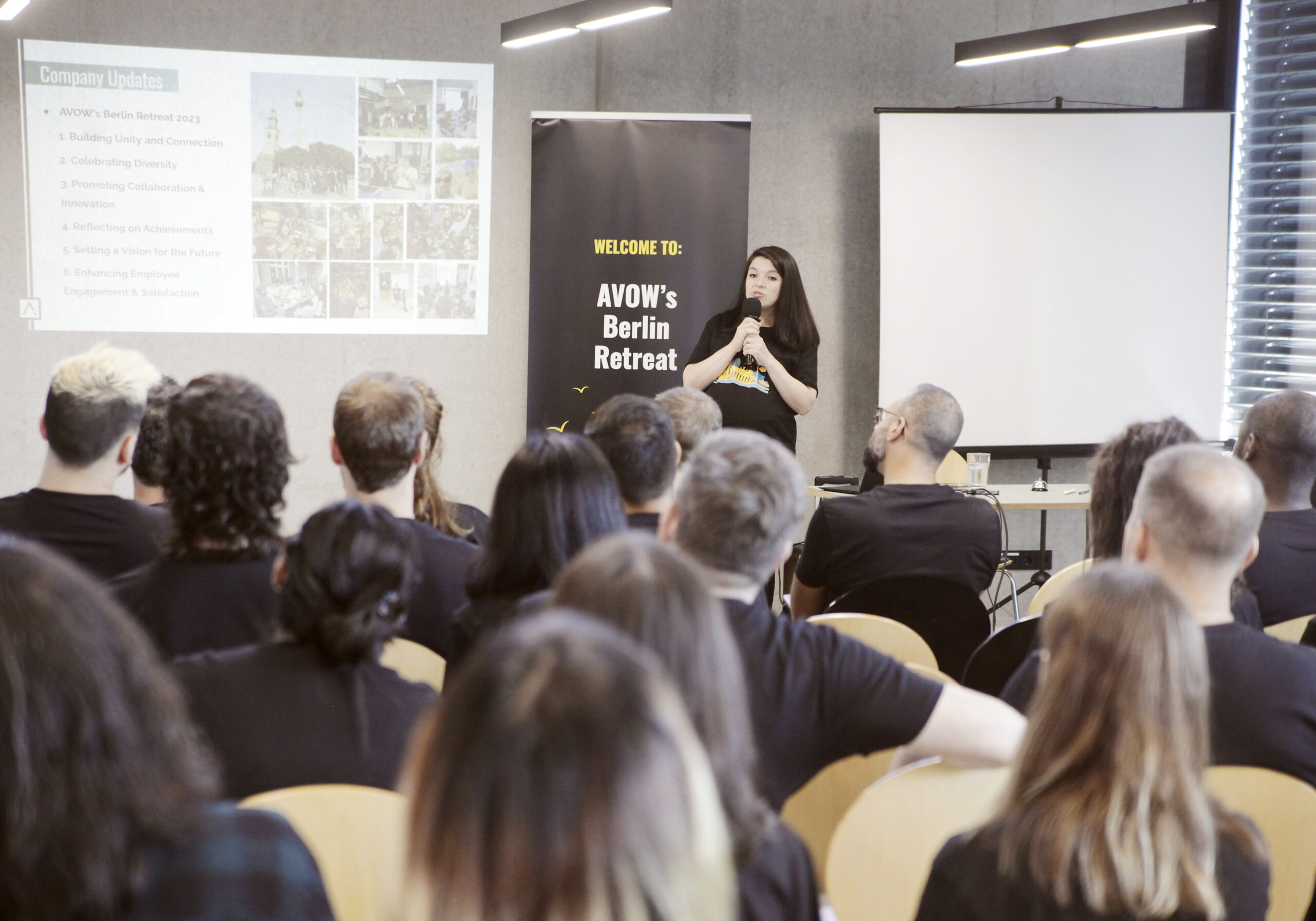
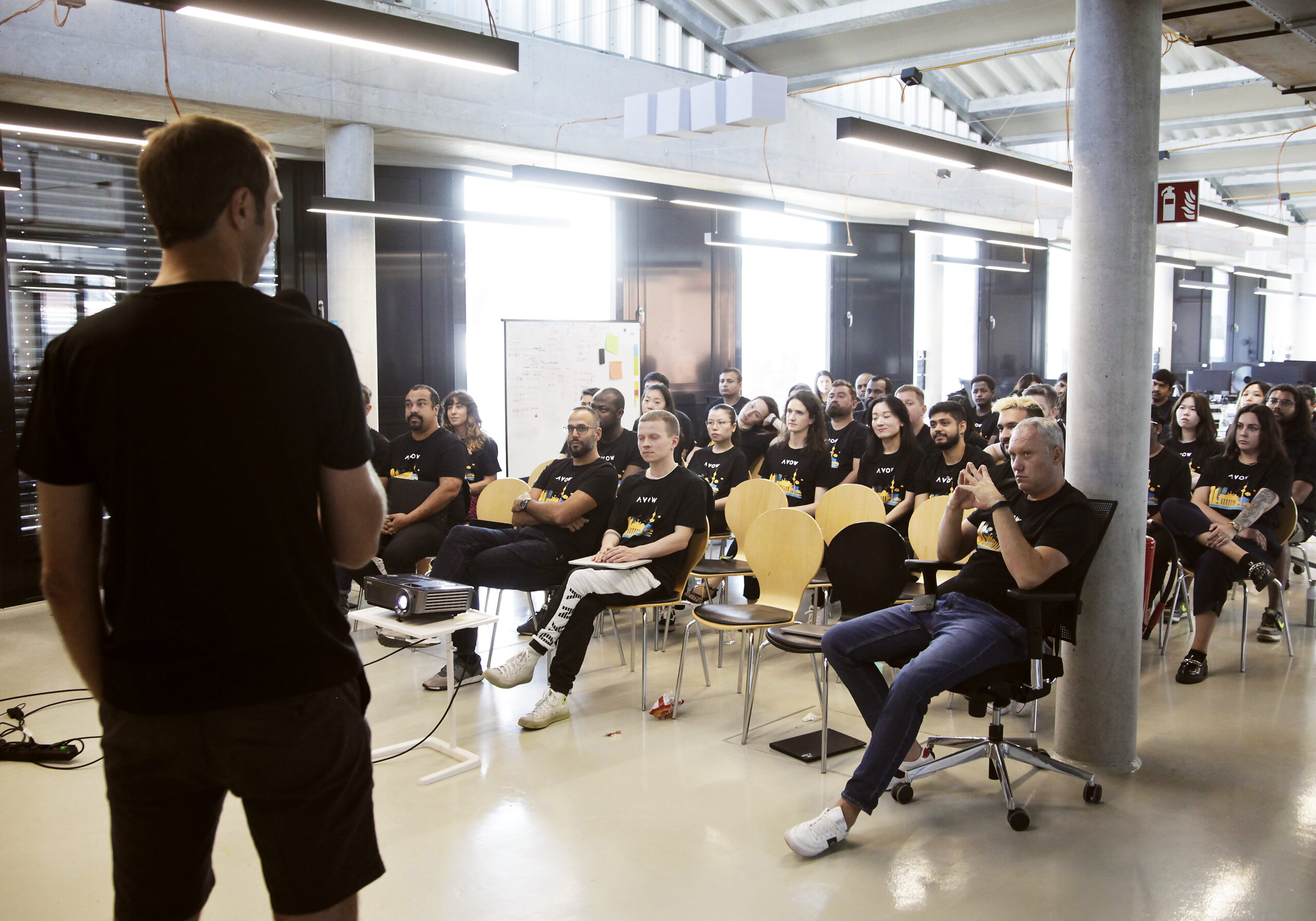



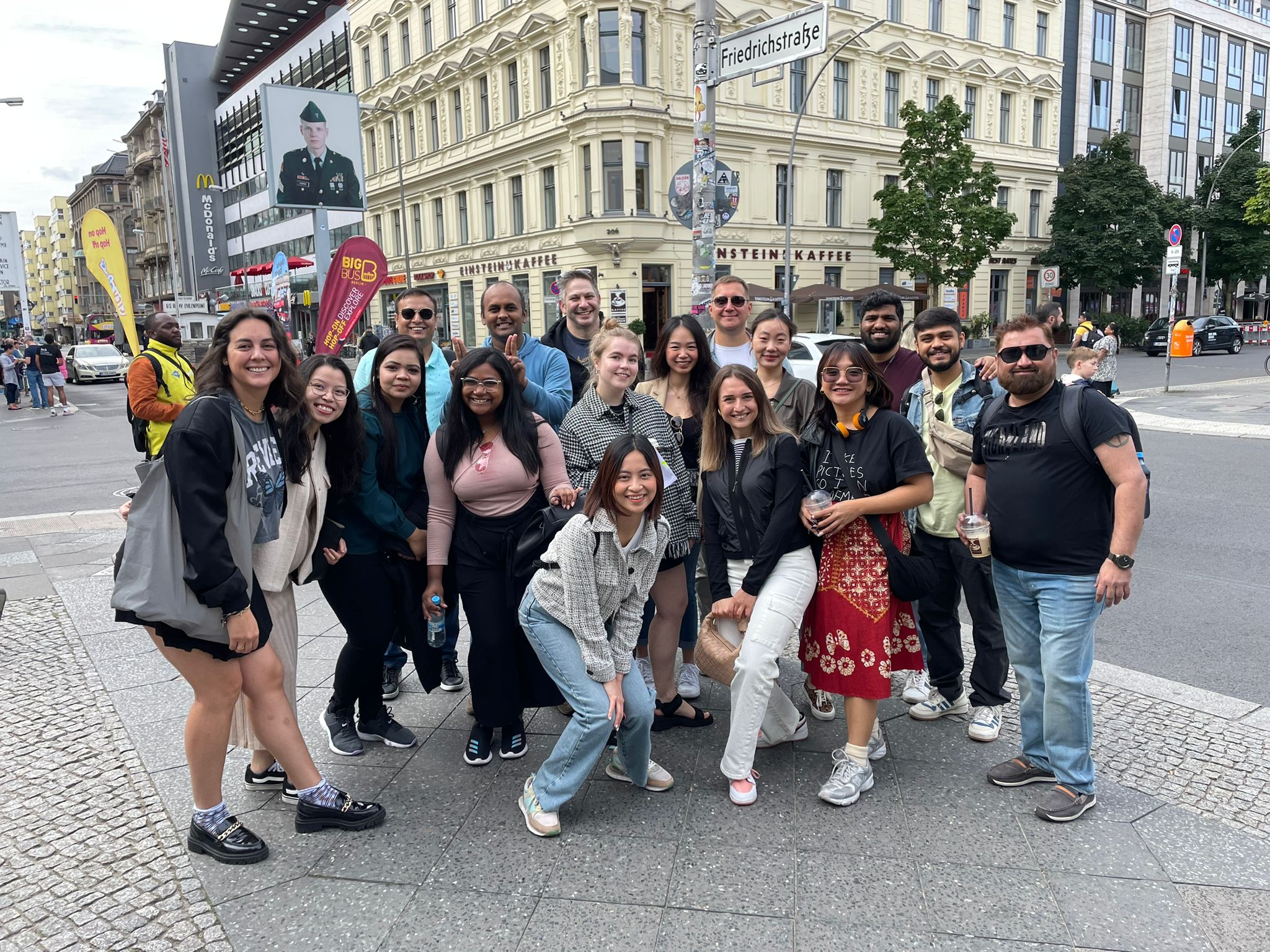
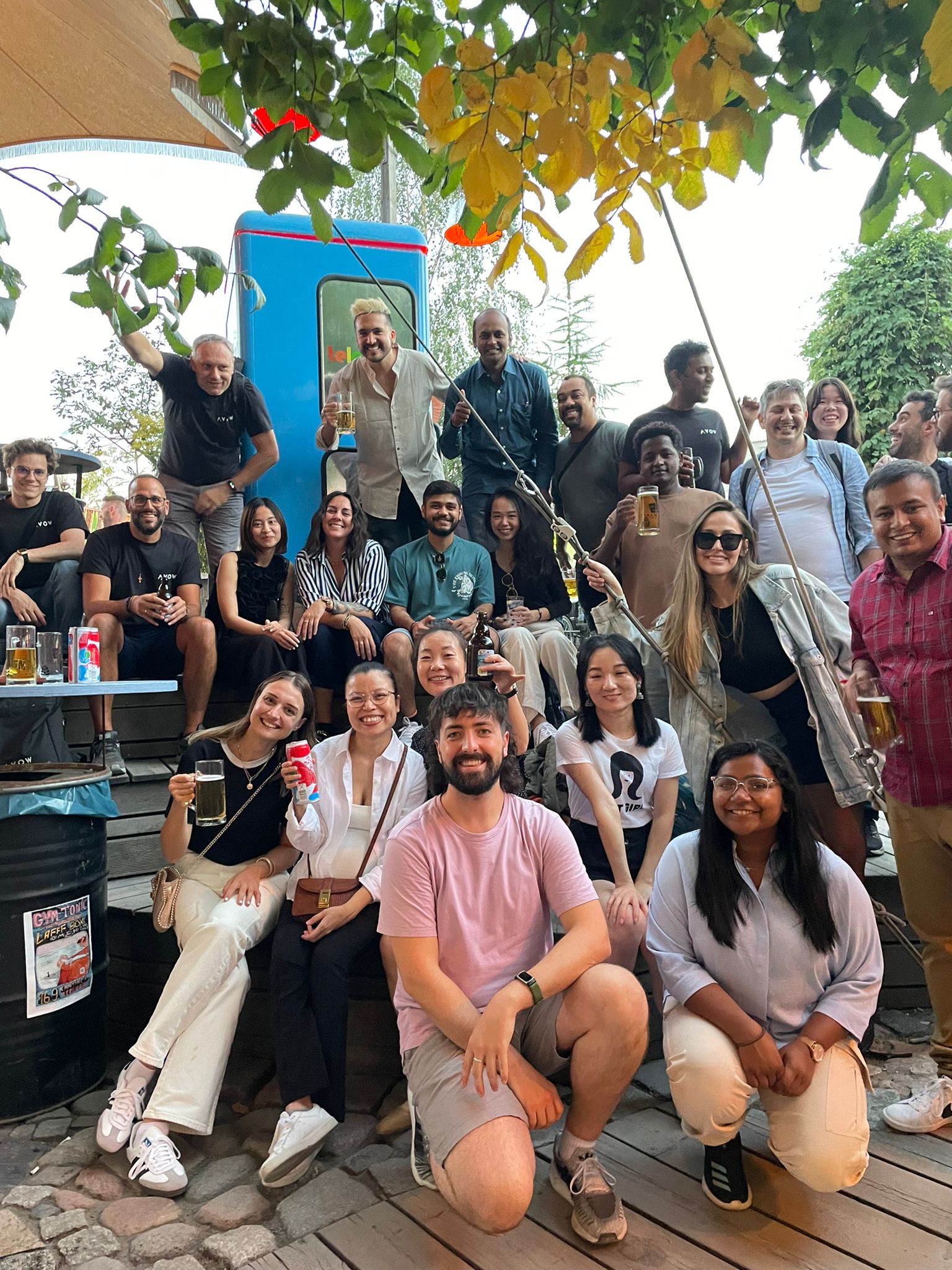


How will the Digital Markets Act impact Mobile OEMs, their owned app stores, launcher and native app inventory?
The European Commission Takes Bold Steps with The Digital Markets Act
In a landmark move, the European Commission has designated six major companies - Alphabet (Google), Amazon, Apple, ByteDance (TikTok), Meta (Facebook), and Microsoft - as 'gatekeepers' under the Digital Markets Act (DMA). This is an unprecedented initiative to regulate and level the digital playing field in the European Union (EU).
Why is this significant for the digital ecosystem?
Gatekeepers are platforms that function as crucial intermediaries between businesses and consumers. Such a designation is consequential, as these gatekeepers are now required to fully comply with the DMA obligations. It's an effort to ensure that larger platforms don't impose unfair conditions on businesses and users, promoting a more transparent and competitive digital landscape.
The Implications for Mobile OEMs and Alternative App Stores
This move is a potential game-changer, particularly for mobile Original Equipment Manufacturers (OEMs) and alternative app stores. The DMA’s emphasis on "interoperability, sideloading, real-time data portability, and fairness" can break down monopolistic walls. For mobile OEMs, it can potentially lead to greater customization and more choices in pre-installed apps. Alternative app stores, which often struggle to compete against dominant players, may find a more level playing field as they can now stand side-by-side with more traditional app stores, without the restrictions previously imposed by these gatekeepers.
App developers could also benefit significantly. The DMA can facilitate better terms of service, reducing the 'gatekeeping' fees and potentially leading to increased revenues. Moreover, with interoperability and data portability, developers can design more versatile apps, reducing platform dependency.
Mobile marketers, who rely on data and platform tools, might also find a more open system beneficial. With increased data portability and interoperability, marketing strategies can become more dynamic and less restricted to platform-specific tools.
The Road Ahead
After their designation, these six gatekeepers have six months to align with the DMA's directives. They must adhere to a list of do's and don'ts, emphasizing better choices and freedoms for their users. These companies are also obligated to submit detailed compliance reports outlining their adherence strategies.
The stakes are high: non-compliance can lead to hefty fines, up to 10% of a company's global turnover, which can escalate to 20% for repeat offenses. In severe cases, the Commission could even compel a gatekeeper to divest parts of its business or prohibit further acquisitions, similar to that of antitrust laws.
Further Investigations and Market Dynamics
While the six companies have been designated as gatekeepers for certain core platform services, some are under further scrutiny. For instance, the Commission is examining whether services like Microsoft's Bing, Edge, and Apple's iMessage indeed qualify as gateways. Apple's iPadOS is also under the lens for potential gatekeeper designation.
Meanwhile, services like Gmail, Outlook.com, and Samsung Internet Browser, despite initially qualifying as gatekeepers, were exempted after successful arguments by their parent companies.
A Holistic Vision for an Open Digital Ecosystem
The DMA, which has been in force since November 2022 and applied since May 2023, seeks fair and competitive markets in the digital realm. Its focus on preventing the rise of monopolistic gatekeepers ensures that businesses, both big and small, can thrive in an open digital ecosystem. The core platform services under the DMA's ambit range from app stores, search engines, and social networks to cloud services, operating systems, and advertising services.
Companies are presumed gatekeepers if they meet certain quantitative criteria, such as achieving a particular annual turnover in the European Economic Area, offering services in multiple EU Member States, and having a broad user base.
In essence, the DMA's mission, as highlighted by Commissioner Thierry Breton, is to offer "more choice for consumers, fewer obstacles for smaller competitors." It's a bold vision of a more equitable digital landscape, where innovation isn't stifled by the dominance of a few.
In Conclusion
The European Commission's decision heralds a new era for the digital landscape in the EU. As Commissioner Didier Reynders remarked, the DMA is set to foster "more contestability and openness in markets." For mobile OEMs, alternative app stores, app developers, and mobile marketers, the coming months will be transformative, presenting new challenges but also unlocking unprecedented opportunities.
For a primer on the DMA and more specifics on its inception, do read our previous article on the topic here
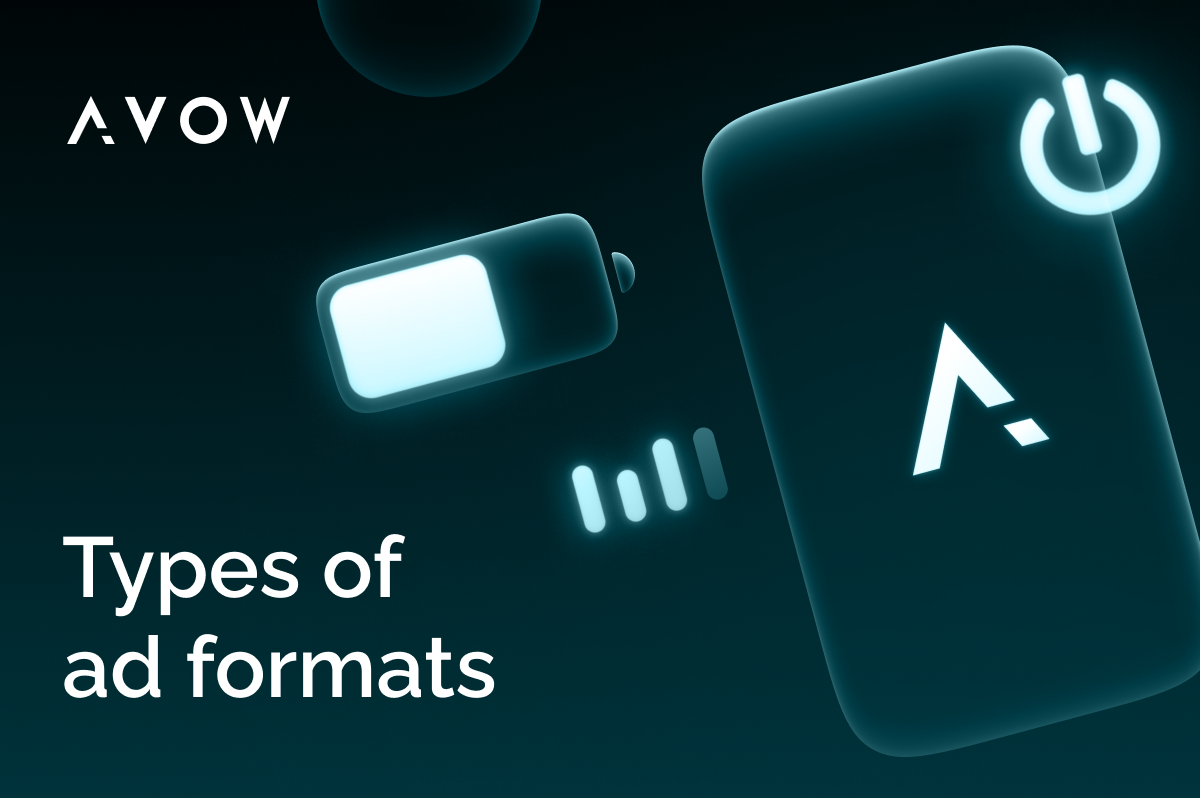
 Notification Ads
Notification Ads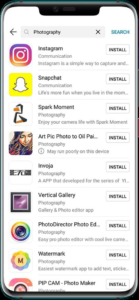 Search Ads
Search Ads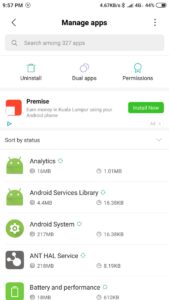 Settings & Recommendation Ads
Settings & Recommendation Ads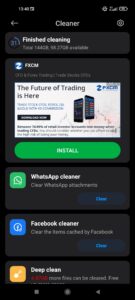 In-app Ads within OEM Native Apps
In-app Ads within OEM Native Apps Folder-based Ads
Folder-based Ads